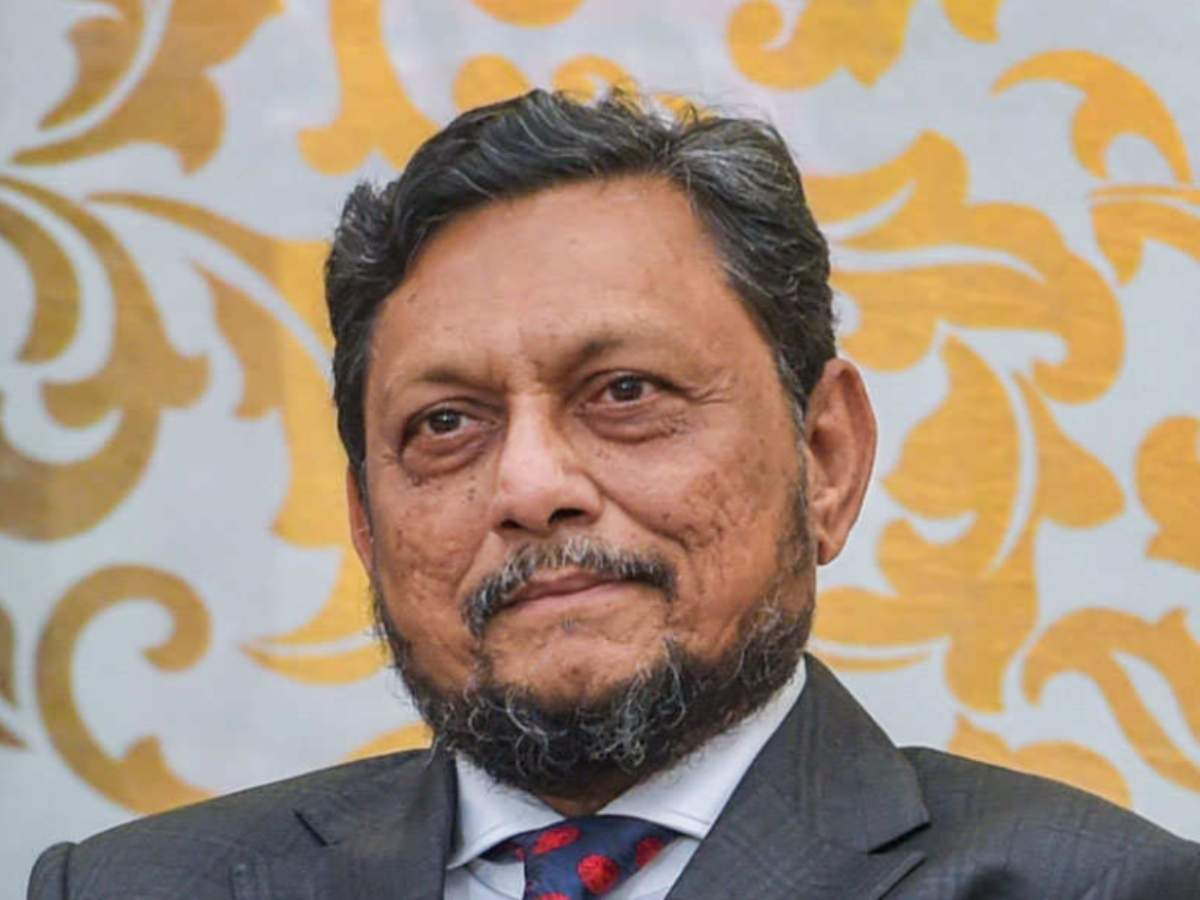CJI S A Bobde said, “Eventually, it must settle down to a system which is a combination of the two, the new and the old
Lockdown 4.0|
MHA Guidelines|
Lockdown 4 Guidelines
TOI
OPEN APP
MORE FROM TOI
Top
News
Mask
India
Covid-19
Updates
INDIA
Combination of virtual, physical courts will be way forward: CJI
Dhananjay Mahapatra | TNN | Updated: May 18, 2020, 08:14 IST

TNN
Chief Justice of India S A Bobde (File photo)

Get Notifications on latest India News
NEW DELHI: India’s three-tier
justicedelivery system, groaning under the weight of bulky files of three crore cases, is on the verge of a new dawn — from trial courts to the
Supreme Court, filing of cases will be done electronically and judges will adopt a judicious mix of hearing advocates either through video-conferencing or physically.
READ MORE FROM TOI+
As the death toll rises in Maharashtra steadily, 1,000 passengers arrived in Mumbai by the first special train from New Delhi
For passengers taking AC trains to reach home, the last mile is proving to be a nightmarish experience
Referring to the changes in working environment in courts caused by Covid-19, CJI S A Bobde said, “Eventually, it must settle down to a system which is a combination of the two, the new and the old. There are cases which have to be heard in congregation. One thing is for sure that there is no looking back. We will have to first of all accept the present situation and change our mindset towards the way we look at court proceedings.”
No one would need to go to courts to file a case, the CJI said while unveiling the e-filing module for the judiciary. “This system has in a sense virtually brought the court registry into the chambers of advocates. Starting with constitutional courts, the new system will allow lawyers to file cases 24×7, even on holidays, with e-payment facility to pay court fees,” he said.
Lawyers and litigants with IT-handicap will get assistance for a small fee. A date entry operator will help them file the case and pay fees.
CJI Bobde said, “In January, one lakh cases comprising 27 lakh pages were sent by district courts to various high courts hearing appeals. All this paper and staff necessary to transport the bulky case files could have been used for some better purpose had we universalised the e-filing system. With the introduction of e-filing system, trial court records can be transmitted to appellate courts instantaneously.”
Though the 70-year-old Ayodhya case, which involved thousands of pages of documents and numerous intervention petitions along with four main suits, were decided at breakneck speed, CJI Bobde said had Artificial Intelligence (AI) been employed, the 40 days that the SC’s five-judge bench took to go through the case files and render a decision could have been even shorter.
“E-filing is undoubtedly very significant since it is the basis of a system of AI. We do not have to deal with it immediately, but in times to come we will have to as AI can play a great role in smoothening the functioning of courts, including categorisation of cases and process automation which is a term covering a wide range of activities,” he said.
Justice
D Y Chandrachud, chairman of the e-committee and who supervised creation of the new system, said the SC and 19,000 courts in India had successfully experimented with virtual courts and e-filing system, in which technology’s use was driven by the motto — efficiency, transparency and access to every user of justice delivery services.
“Not everyone has access to technology. Our solutions must be inclusive and reach out to those who do not have access. Opening of e-seva kendras in all courts in the country for making e-services available is a step in that direction. We must seek to provide sustainable digitisation and bring about a transformational change in re-conceptualising interactions between citizens, lawyers, the judiciary and the environment with emphasis on trust, empathy, sustainability and transparency (TEST) principles,” he said.


